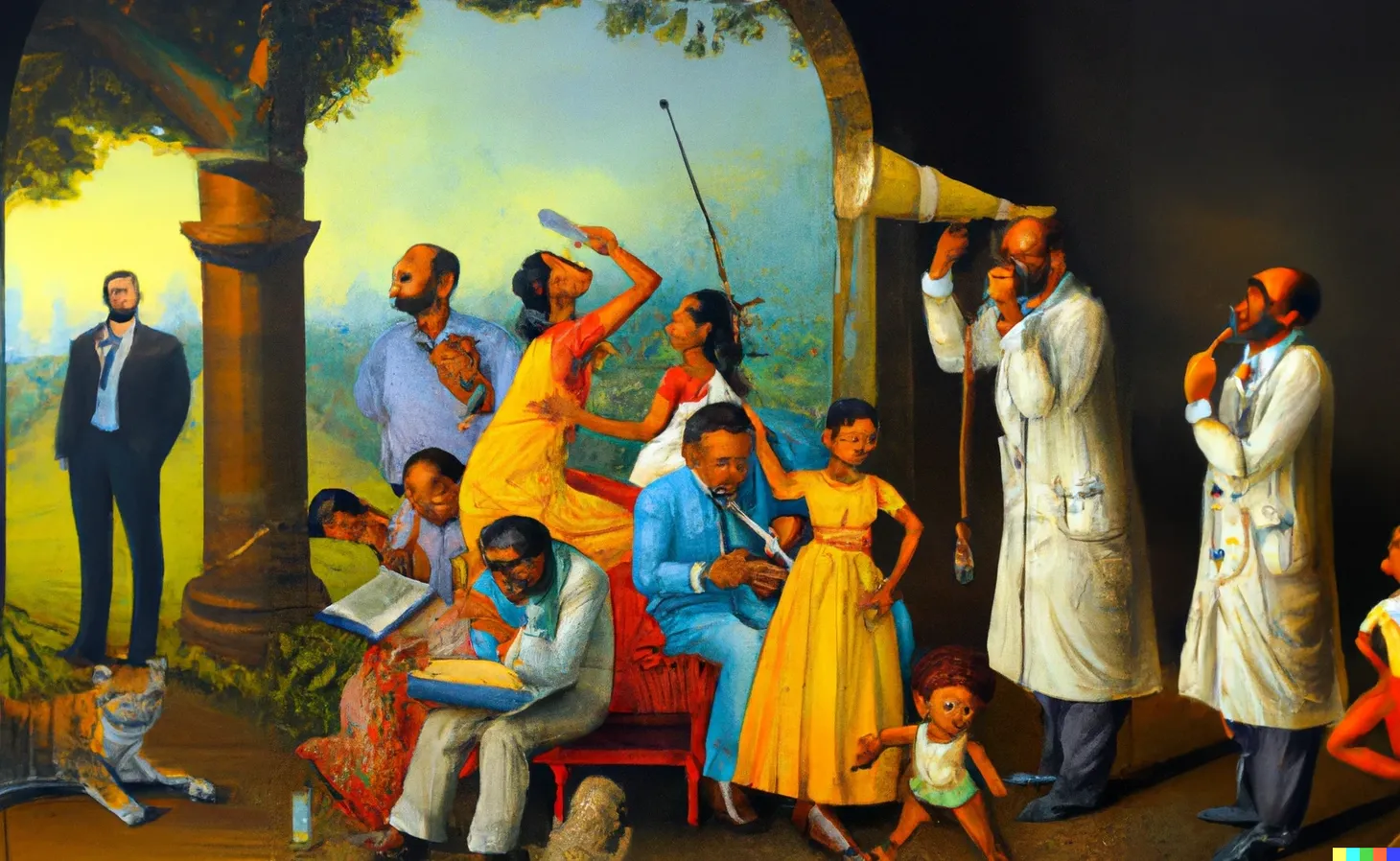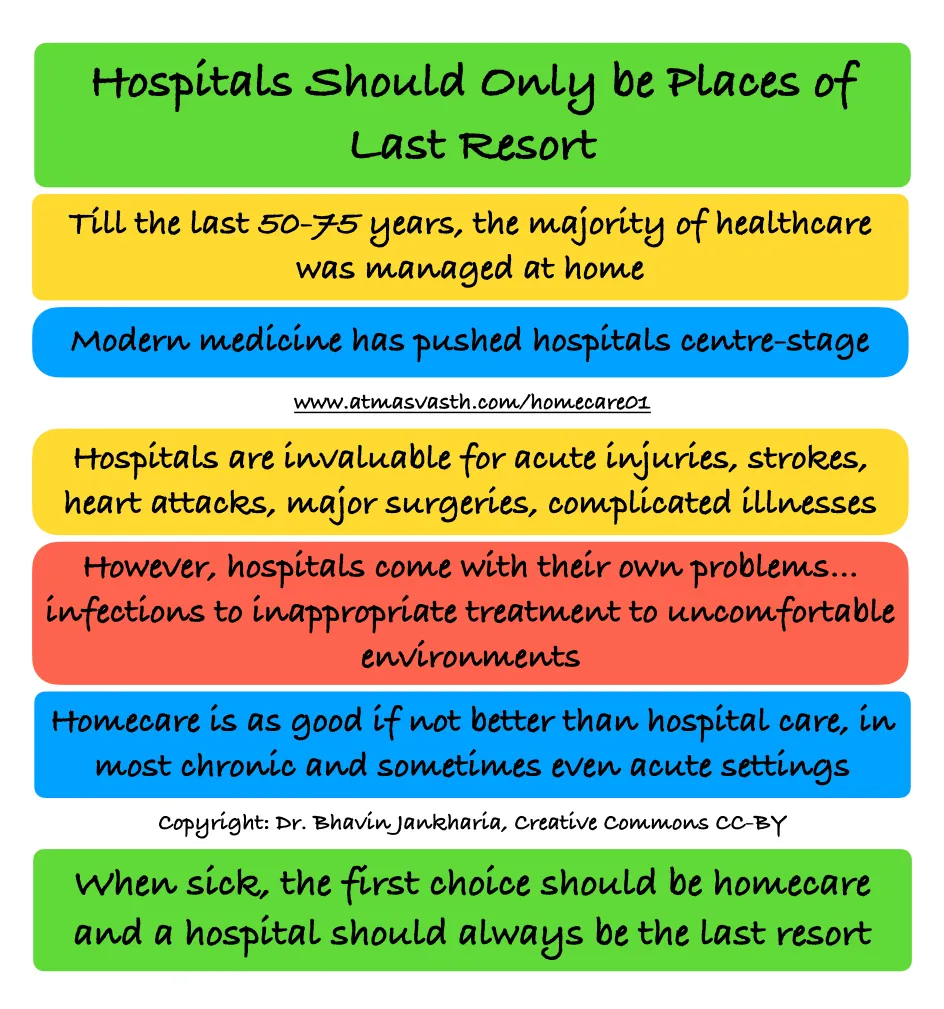The Matka of Finding The Right Doctor and the Challenge of Online Platforms
The matka of finding the right doctor
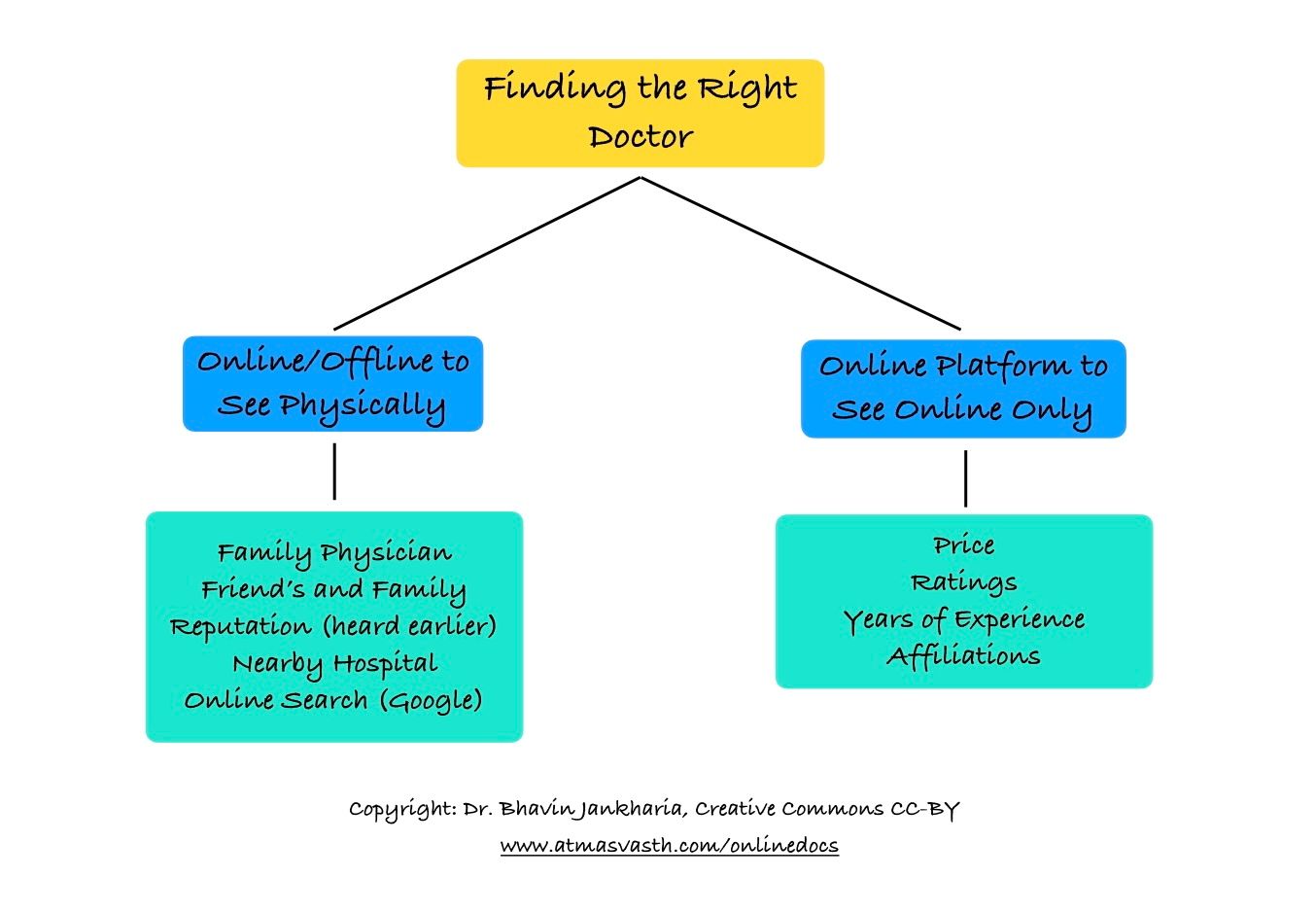
You can listen to the audio/podcast hosted on Soundcloud by clicking the Play button below within the browser itself. You can click here to access directly from your email.
Over the last few weeks, there has been a spurt of online platforms that enable consults with doctors. Some even advertise on television and in the newspapers. Their premise is that they can make it easy for patients and people who have medical problems to connect with doctors across the country, to get answers to their questions, at a reasonable price.
A typical search for “nephrologist” for example, on one of these platforms shows up a list of 700 plus nephrologists with varying years of experience and consultation fees. There is a wide range of fees charged, from Rs. 299 to more than Rs. 1500. The years of experience range from 8 to 34 plus and there is no correlation between the years in practice and the fees charged.
Three weeks ago, in the piece titled, “Placebo, Nocebo”, I mentioned, “We should identify people or doctors who we have faith in, who can activate these defenses for us as part of a placebo effect if and when we fall sick, to help us fight the disease alongside the medicines or surgery needed as part of the overall treatment.“
I find it difficult to accept that a doctor found online and consulted online through one of these platforms, would be able to solve your medical problem in the same way that someone you visit physically or have known for some time, would.
The practice of medicine is a judgment call, based on the current scientific data, with a dollop of empathy and trust. The way you speak, your body language and other non-verbal cues affect the way your symptoms and signs are perceived and analysed and even then, this remains an imperfect process, a mix of art and science, which is why it is still the “practice of medicine” and not the “business of medicine”.
So how do you choose an online doctor? What parameters do you use?
Price? How do know whether the doctor charging Rs. 1500 is better than the one charging Rs. 299? Years of experience? Some experience does matter…so a doctor with 10 years of experience is likely to understand your problems better than one with just 2 years under the belt. But beyond 10 years, whether someone has 20 or 30 or 40 years of experience, does not necessarily translate into how good or not they are. Expertise and experience are not the same and the two do not go hand in hand. So then, do you use ratings? Ratings are based on non-medical factors such as politeness and adherence to time and perhaps whether the doctor gave you the diagnosis and treatment you wanted. So how do ratings, good or bad, help you decide how good the doctor is or not? Affiliations? Perhaps. If the doctor is affiliated to a hospital or clinic that you have heard of and believe to be good, it may give you some additional confidence in making your choice. Photographs? Seriously?
It is not that choosing a doctor offline is easy.
We spend hours, days, weeks agonising over the car we want to buy, comparing dozens of features, taking test drives, speaking to friends and family and getting opinions, bargaining, and then finally choosing one that we believe is safe, gives good mileage, rides well, within an affordable price-range. We do the same with phones, air-conditioners, shoes, vacations, jobs, etc. But this process does not work when it comes to choosing the right doctor, because what you want…a competent doctor or hospital that will deliver the optimal outcome…cannot be measured or compared on websites or with test drives.
So how do decide? You would typically go where your family physician tells you to, if you are lucky to still have one, and/or you would ask friends and family for recommendations or go to someone you have heard of, or someone you have been to in the past or just go to a nearby hospital, which you have heard is reasonably good. You may even do an online Google search to find a doctor to visit in person, but with the understanding that the “ratings” and “comments” have no bearing on how good or not the doctor or hospital is and neither does it matter if the doctor shows up on the first page listings or not. And many good senior doctors are still not searchable anyway. But after that, once you have made a choice, it becomes a matter of trust and faith, whether you publicly admit it or not, even if you keep cursing doctors and the medical profession most of the times.
Even the “Top Doctors” lists published by newspapers and magazines, are based on reputation, rather than outcomes. Some hospitals in the West do publish outcome figures for easily measurable treatments such as cardiac surgery or laparoscopic cholecystectomy, but we don’t have those in India. So, how do you really know how good a doctor is? It is not easy, but somehow based on a combination of reputation, years of experience, recommendations from friends and family and the valued opinion of your family physician or other doctor friends, you sort of of figure that out, however imprecise the process may be and then place your trust and faith in the doctor and the system.
How can you do all this online? How do you choose? And how do you know that the advice given is the right one for you?
Online consults are great when the technology acts as an enabler to connect you better with your existing doctor, especially when it comes to follow-ups or prescription updates or consults where different people in different cities and countries need to get together. Online consults work when healthcare has to reach underserved areas or in times of dire emergencies as happened during the first two COVID waves, especially the second wave.
But to choose your doctor from an online menu as if this was Swiggy or Zomato serving up a list of pizzas….how does that even work?
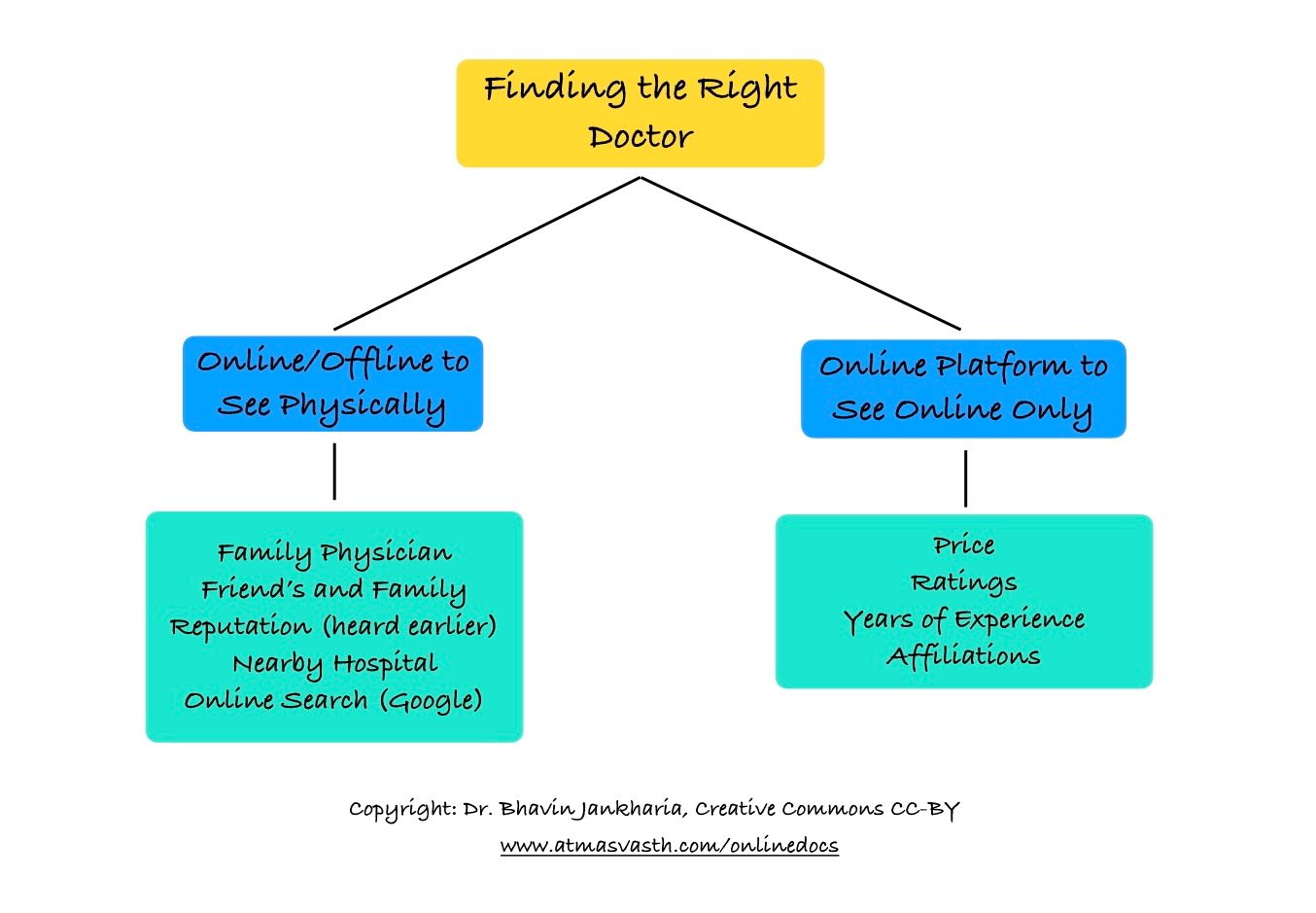
You might turn around and ask, “then why do doctors allow their names to be included in such lists?”
I don’t have an answer, but I assume it is essentially FOMO (fear of missing out). When a doctor hears of the "new great thing", they don’t want to be perceived to be old fogeys or feel left out. Doctors are also humans. People have gambled by investing in companies like Zomato based on a future performance promise, which may not may not materialize. Similarly, when online platforms that apparently promise an unlimited flow of patients from across the country, untethered by the traditional barriers of distance and costs, come to the doctor, who fears losing out to colleagues and competitors who may already be on these platforms, they perceive that the cost of not being listed is far more than getting listed, even if they don’t get a single patient. And so they sign on, and in the process lend legitimacy to the online platform, which is then able to recruit even more doctors and so on and so forth.
But it is not really about the doctors choosing to be available on these platforms. It is about you as a patient choosing to consult with an unknown doctor on an online platform when presented with a medical problem, rather than going the traditional way, however imperfect that may be.
Choosing the right doctor is not easy even at the best of times. The online option, according to me, is an even bigger “matka” that strikes an underhand blow to the “doctor-patient” relationship. How does this affect you and I? Unless, you have no choice at all, it is best to stick with the traditional methods of finding the right doctor or hospital...however imprecise or imperfect, this is still better than choosing an online doctor for an online consult on an online platform that dishes out a list a list of photographs, affiliations, consultation rates and years of experience to choose from.
If you do not agree, or have a different perspective, do let me know via email or the Comments section below.
The Last Post
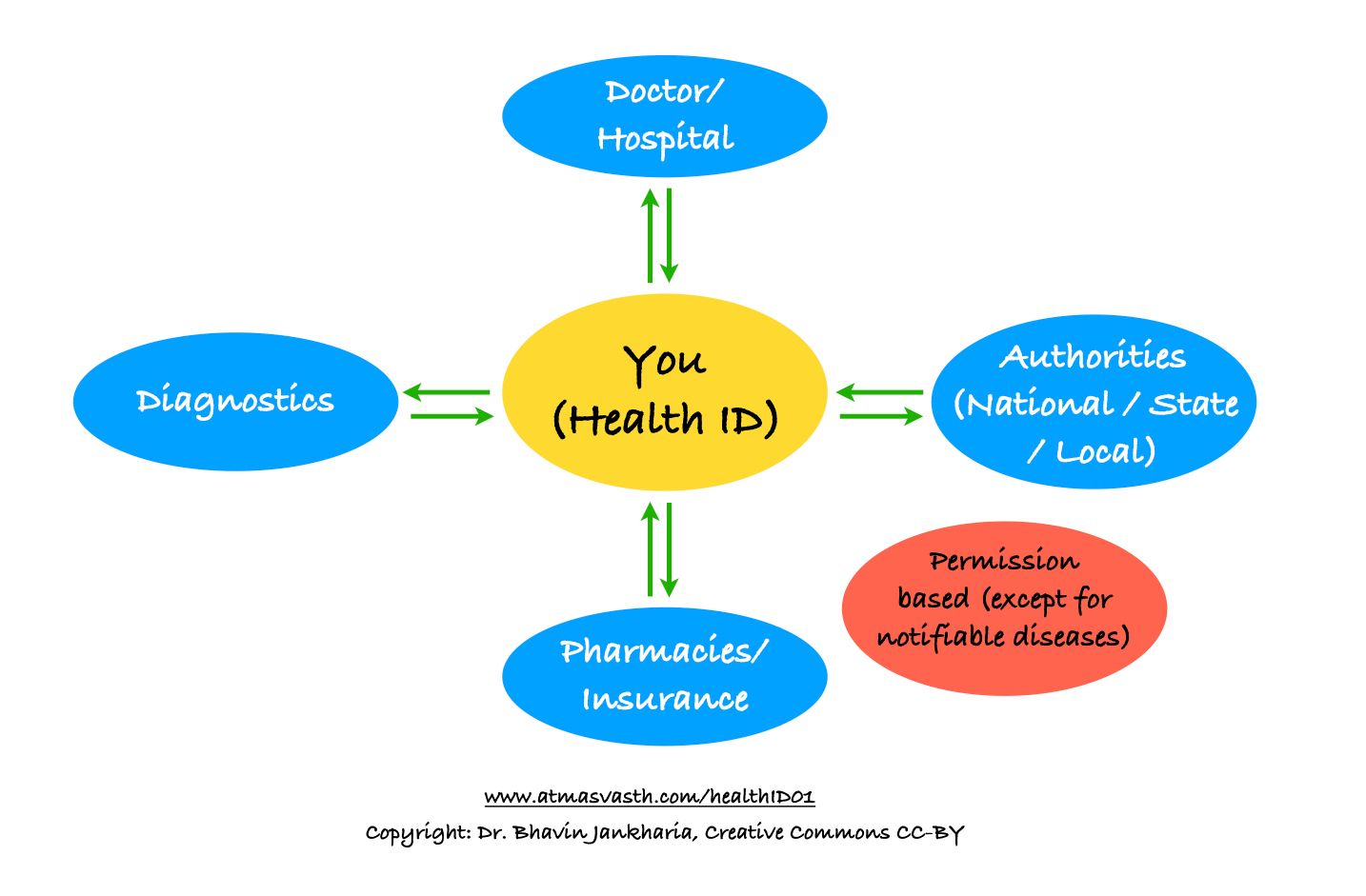
Atmasvasth Newsletter
Join the newsletter to receive the latest updates in your inbox.


